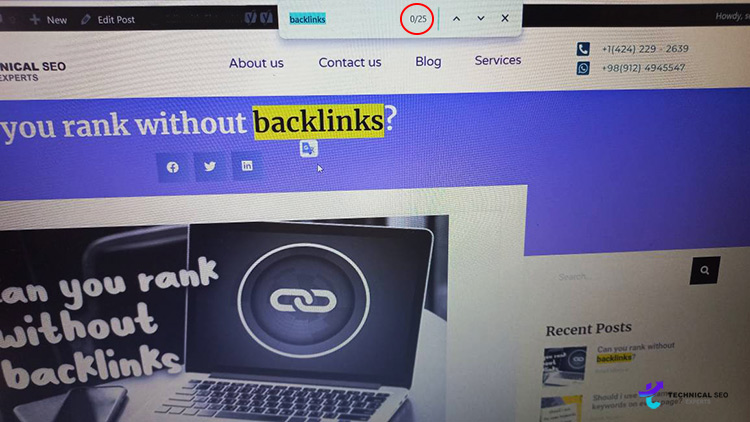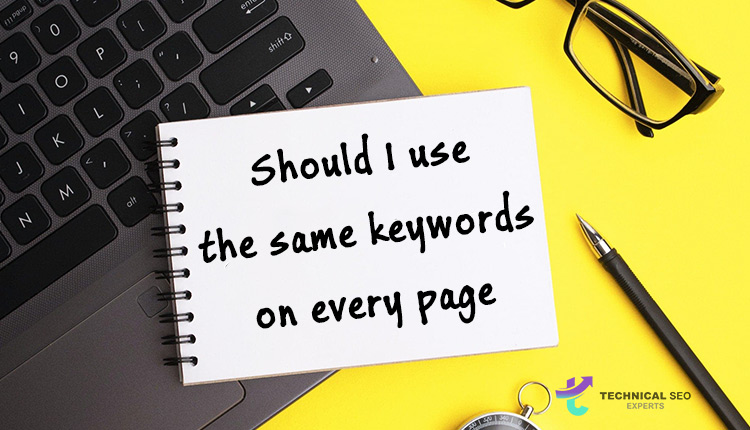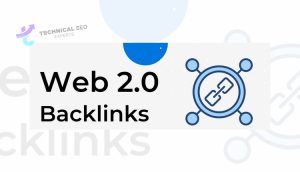Using keywords is like having a secret code that helps people find what they want. You might have heard that using keywords is crucial for making your website visible online. But here’s the thing: Should you use the same keywords on every single page of your website?
Imagine your website is like a big book with many chapters. Each page represents a different chapter, talking about various things. Keywords are like the titles of these chapters. They help search engines understand what each page is about. But just as a book wouldn’t have the same title for every chapter, using the same keywords on every page might not be the best strategy for your website. Let’s see
Table of Contents
ToggleWhy Using Keywords Matters
If someone wants to find the best pizza in town, they might type “delicious pizza near me.” In this case, as you know, “delicious pizza near me” is a keyword phrase.
Using the right keywords on your website can help search engines like Google figure out what your website is about. When someone searches for something related to your keywords, search engines can match those keywords with the content on your site. This helps your website show up in search results, making it easier for people to find you.
Wondering if making keywords bold helps with SEO? Find out in this easy-to-read article: Should I Bold Keywords for SEO?.
The Importance of Diversity
Using the same keywords on every page is like saying the same thing over and over again. It might make your website look less interesting or even confusing for visitors. Just like a book with repetitive chapter titles, it doesn’t give much clue about what’s inside each chapter.
Tailoring Keywords to Content
Each page of your website talks about something different, right? Maybe one page is about your tasty pizza flavors, while another talks about your quick delivery service. Since each page covers different topics, it’s a good idea to use keywords that match what that specific page is all about.
For instance, if your “Pizza Flavors” page talks about different types of pizzas you offer, your keywords could be “pepperoni pizza,” “vegetarian pizza,” or “gluten-free pizza.” On the other hand, for your “Delivery Service” page, keywords like “fast pizza delivery,” “express pizza delivery,” or “delivery within 30 minutes” might work better.
Avoiding Keyword Stuffing
Using the same keywords on every page excessively is like trying to squeeze too much cheese on a pizza – it might seem like a good idea, but it can ruin the whole experience. Search engines are smart and don’t like it when you stuff your content with too many keywords. It can make your website look spammy and harm your ranking.

The Balance Game
Finding the right balance is the key. You want to use keywords that accurately describe your content but without overdoing it. Think about what words or phrases someone might use to find the specific information on each page of your website.
Discover step-by-step guidance on becoming an SEO content writer in this easy-to-follow article: How to Become an SEO Content Writer?
In the end
Using keywords makes your website more visible to people searching online. However, using the same keywords on every page might not be the best approach. Tailoring your keywords to match the content of each page can make your website more informative and engaging.
So, should you use the same keywords on every page of your website? In short, No. Instead, focus on using relevant keywords that best describe the content of each individual page. This way, you’ll help both search engines and visitors understand what your website is all about without sounding repetitive or spammy.
Remember, just like in a great story, variety keeps things interesting! What are your thoughts? Do you have any other questions about keywords or building a website? Let me know!













One Response
I’ve been browsing online more than 3 hours lately,
yet I by no means found any attention-grabbing
article like yours. It is pretty value enough for me. In my opinion, if all webmasters and bloggers made just right content
material as you did, the internet will probably be
much more useful than ever before.